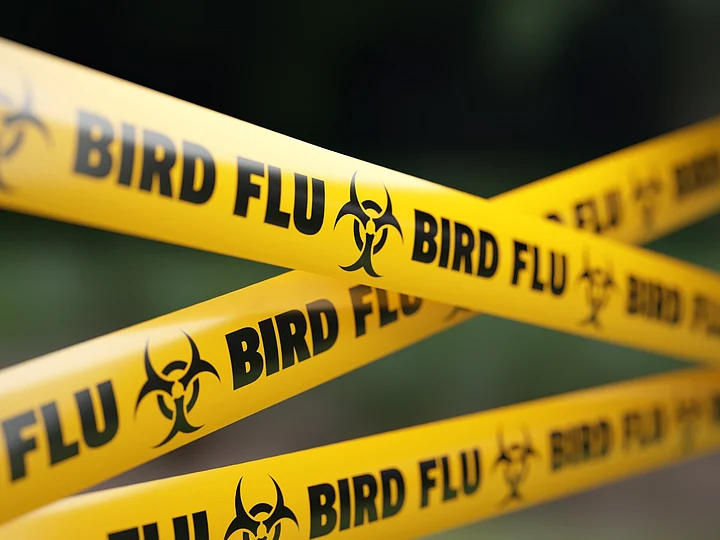Bird flu also known as Avian flu refers to a group of diseases that result from infections with specific influenza viruses. These viruses infect birds but rarely spread to humans.
One such virus that causes bird flu is called H5N1. The H5N1 virus causes severe flu with a high mortality rate.
However, its transmission among humans is rare. Until now, the virus has shown no signs of changing genetically to spread more efficiently among humans. But, due to the severity of the illness that the virus causes, authorities continue to monitor for these genetic changes. H5N1 bird flu proves to be fatal in 60% cases.
The first outbreak of H5N1 avian flu in humans occurred in 1997 in Hong Kong. Overall, more than 700 instances of human H5N1 infection have been reproduce in Africa, Asia, and Europe. On the other hand, Indonesia, Vietnam, and Egypt have had the highest numbers of cases.
H5N1 Virus Symptoms
The incubation period of H5N1 in humans is mat be up to 7 days, but more commonly 2–5 days.
H5N1 bird flu causes severe symptoms in humans. A person tends to experience more serious typical flu symptoms, which includes :
A fever of above 38°C
Cough
Muscle aches
Hoarse voice
Sore throat
Malaise
Upset stomach or diarrhea
Nausea
Vomiting
Abdominal pain
Chest pain
An altered mental state
Seizures
Some people with H5N1 bird flu develop severe respiratory problems, which include pneumonia and breathlessness. According to reports shortness of breath occurs around 5 days after the first symptoms appear. The condition of a person with H5N1 avian flu tends to deteriorate rapidly. They experience respiratory failure and multiple organ failure, leading to death.
H5N1 Virus Causes
Humans acquire the infection and develop the illness after coming into unprotected contact with birds who carry the virus. Human-to-human transmission is very rare. The activities that lead to the illness in humans are touching infected birds, touching or breathing in feces or other secretions of infected birds, preparing infected poultry for cooking, slaughtering or butchering infected poultry, handling birds for sale or attending markets that sell live birds.
The infection transmits to humans through a person’s eyes, nose, or mouth. But, few people also develop the infection even without exposure to birds with the virus.
Eating cooked poultry or eggs does not cause infection. However, it is important to cook poultry until its internal temperature is at least 74° C and eggs until both the whites and yolks are firm.
Bird droppings contain the virus and contaminate feed, equipment, vehicles, shoes, clothing, soil, dust, and water. The bodies, and particularly the feet of animals also carry the H5N1 virus.
H5N1 Bird Flu: Diagnosis
Receiving a diagnosis of H5N1 avian flu early leads to a better outlook. Before diagnosis, the doctor considers the person’s symptoms, looks for sign of bird flu, asks about recent travel, any contact with birds and collects a respiratory specimen and sends it to a lab for the analysis.
If a person gives respiratory sample in the first few days of the illness, the results of the analysis are likely to be more accurate.
Since H5N1 avian flu is rare, a physician would not expect to make this diagnosis, unless the person has been in contact with birds or recently stayed in a place where H5N1 infection is likely.
H5N1 Bird Flu: Treatment
Bird flu is treated with antiviral medications. The common treatments include oseltamivir, Peramivir, zanamivir.
Veterinarians and poultry workers usually treat bird flu in commercial outbreaks.
In rare human outbreaks, primary care physicians, pediatricians, and emergency medicine specialists initially treat patients but those individuals with severe complications are treated by infectious disease specialists, critical care specialists, hospitalists, and pulmonologists.

